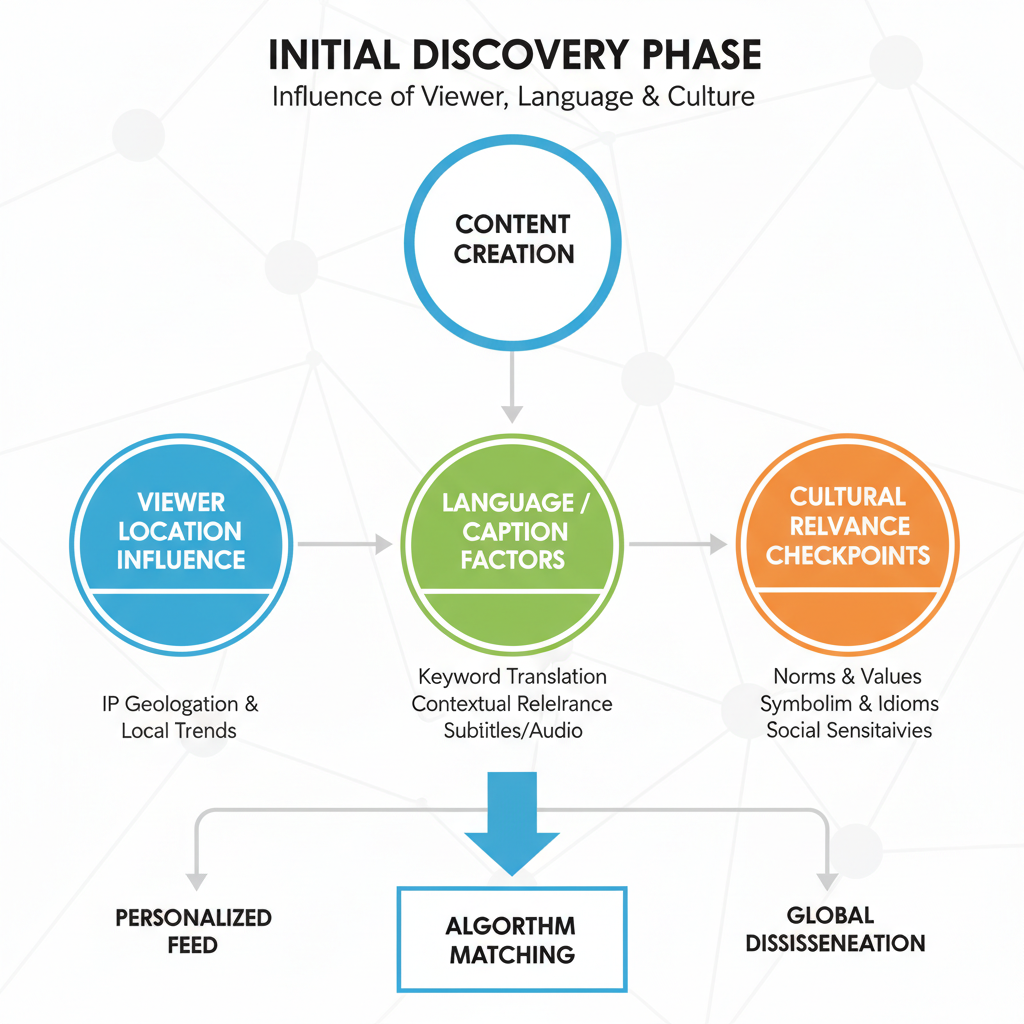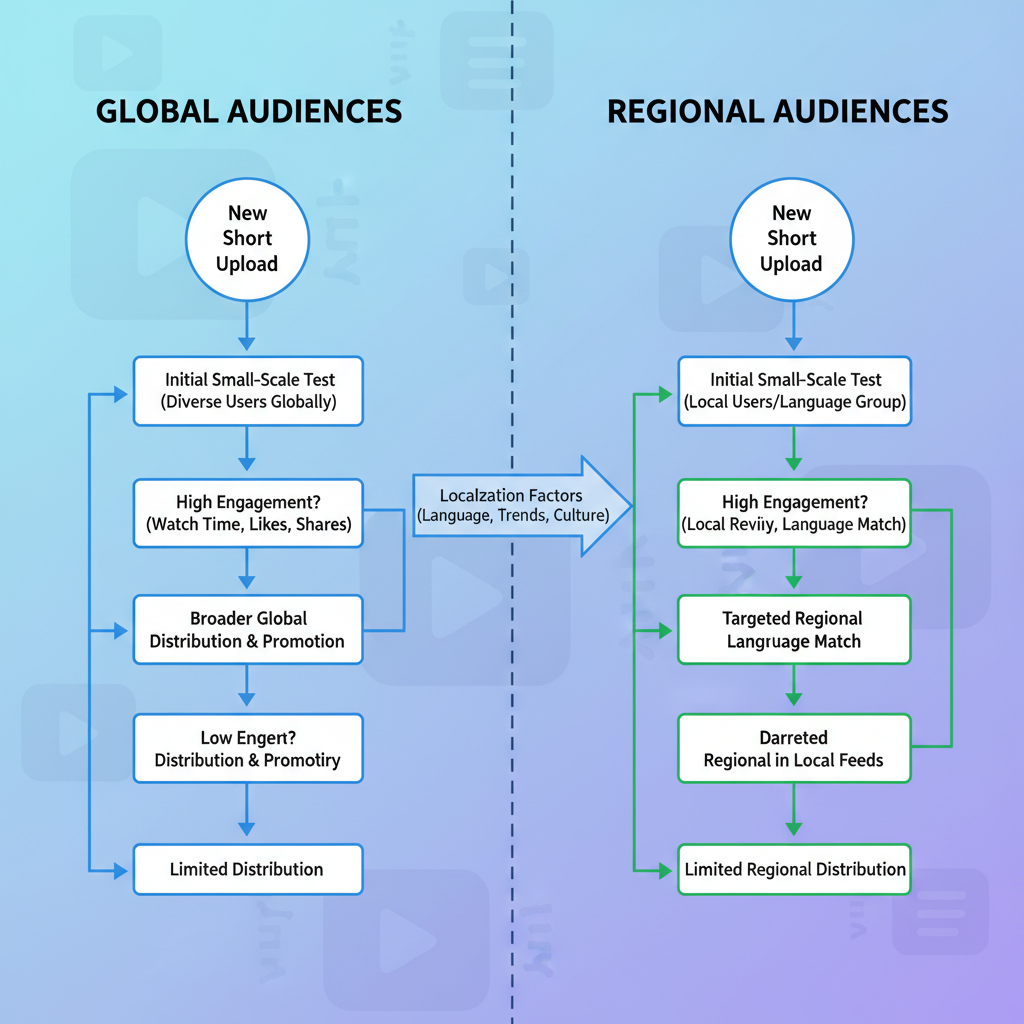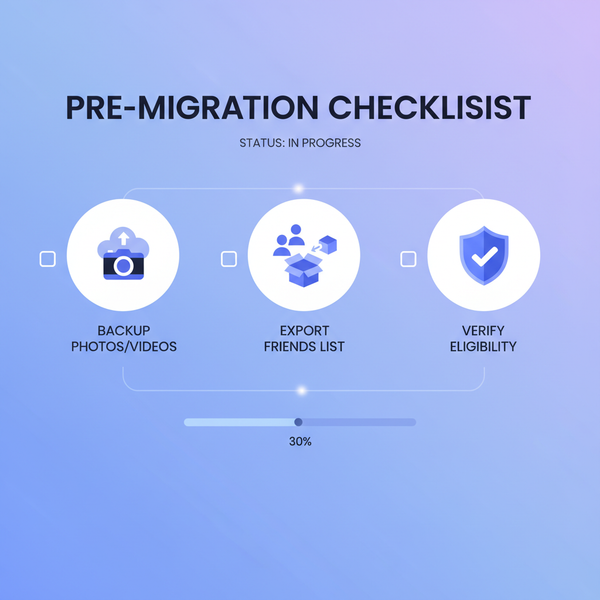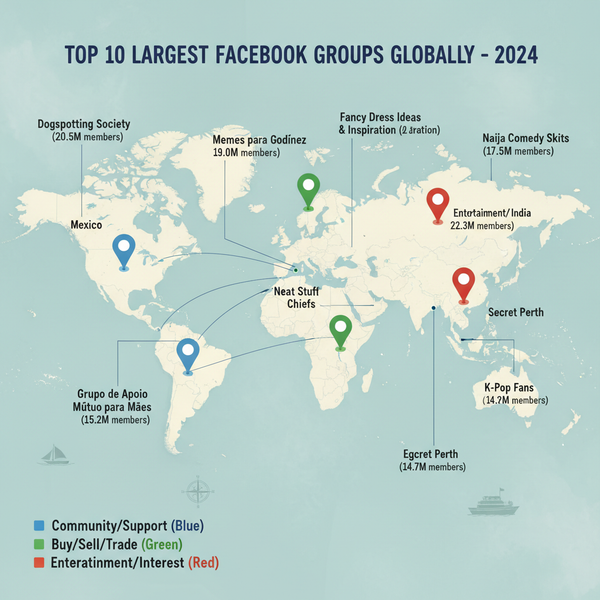How Location Affects YouTube Shorts Reach and Algorithm
Learn how creator location affects YouTube Shorts reach, the algorithm’s regional testing, and proven tactics to grow audiences globally and locally.

How Location Affects YouTube Shorts Reach and Algorithm
For creators wondering “does location matter on YouTube Shorts”, understanding this factor is key to maximizing visibility and engagement. While YouTube Shorts is designed to promote content globally, location still influences algorithm testing, audience recommendations, and early reach. This guide explains exactly how the Shorts algorithm intersects with location data and offers proven strategies for expanding your audience locally and internationally.

---
How the YouTube Shorts Algorithm Works — Global vs. Regional
YouTube’s algorithm blends global and regional signals to decide where to show your Shorts.
- Global Ranking: Outstanding Shorts can gain traction worldwide, appearing in feeds far from your base country.
- Regional Prioritization: In the first hours or days post-upload, YouTube often tests your content locally before scaling distribution abroad.
Initial Discovery Phase
When you publish a Short, YouTube evaluates:
- Your account’s registered country
- IP location during upload
- Language in title and tags
- Viewer engagement (click-through rate, watch time, likes)
Once enough engagement data is gathered, the algorithm decides whether to scale exposure globally or focus on certain regions.
---
Viewer Location & Impact on Reach and Recommendations
Audience location shapes how often your Shorts appear in their feeds. YouTube aims for relevance by factoring in:
- Publishing timed to local peak hours
- Alignment with cultural moments and trends
- Language familiarity and topical resonance
For example, a viewer in Brazil may be served a Portuguese-titled Short with strong local references before similar English-language content.
---
Language, Captions, and Cultural Relevance
The spoken and written language of your Short greatly affects discoverability and watch time.

Why Language Matters
- Algorithm Classification: Titles, descriptions, and captions help YouTube identify content language.
- Audience Connection: Viewers engage more with content they instantly understand.
- Broadened Accessibility: Subtitles welcome non-native speakers.
If your Short is culturally specific but in a niche language, adding English or another major language as subtitles can multiply reach.
---
Location Settings on YouTube Account and Upload Metadata
Your channel’s set location guides YouTube in establishing an initial audience pool.
Key Metadata Influences:
- Titles featuring regional terms
- Descriptions noting local events or trends
- Geotags within video details
Manually setting video location metadata is a subtle but impactful way to help YouTube test your content in relevant audience segments.
---
Case Studies: Creators Gaining International Traction
Example 1: Cooking Content from Thailand
A Thai chef uses bilingual tags and captions, plus dual unit measurements, to win viewers in US and UK markets.
Example 2: Dance Challenges from India
By uploading with trending global music and multiple language hashtags, an Indian creator expands to African and Latin American dance audiences.
---
Tips to Optimize Shorts for Multiple Regions
| Optimization Area | Action | Regional Impact |
|---|---|---|
| Titles | Use bilingual or widely understood keywords | Enhances discoverability in diverse markets |
| Tags | Blend local slang with global hashtags | Appears in both regional and global searches |
| Subtitles | Provide captions in multiple languages | Boosts engagement among non-native viewers |
| Thumbnails | Choose imagery without heavy text | Appeals universally across languages |
| Post Timing | Schedule for major time zones | Maximizes early engagement potential |
---
Pros and Cons of Geo-Targeting in Shorts Content Strategy
Pros:
- Higher engagement from culturally familiar audiences
- Better click-through rates with local relevance
- Quick adoption of regional trends
Cons:
- Reduced global scope if content depends on local references
- Possible slowdown in international traction
- Trend fatigue in targeted regions
Geo-targeting shines for topical, region-specific Shorts but may limit evergreen global appeal.
---
Myths About Using VPNs to Influence YouTube Location Data
Some creators believe VPNs can manipulate YouTube’s location-based recommendations. In reality:
- VPNs alter IP location but YouTube also factors in profile location, viewer history, and existing audience data.
- Excessive VPN shifts may trigger account anomalies.
Pro Tip: Use multilingual metadata and share Shorts via international social platforms for genuine reach rather than VPN tactics.
---
Strategies for Creators in Smaller Markets to Reach Global Audiences
Creators outside major content hubs can succeed through:
- Universally appealing topics — humor, tutorials, visual storytelling
- Joining global trends — challenges, songs, memes transcending language
- International collaborations — duet or remix with creators abroad
- Visual universality — thumbnails and clips with cross-cultural appeal
---
Monitor Analytics by Geography and Adapt
YouTube Analytics includes a Geography tab under Audience. Use it to:
- Spot unexpected high-performing regions
- Tune language and cultural references accordingly
- Schedule uploads for peak times in top regions

If your Shorts start performing in a new country, consider tailoring future videos to that audience’s tastes.
---
Conclusion
The answer to “does location matter on YouTube Shorts” is a resounding yes. Location impacts initial distribution, cultural resonance, and long-term growth potential. By fine-tuning metadata, leveraging multiple languages, and strategically scheduling uploads, creators can seize both local and global opportunities.
Keep testing, reviewing analytics, and blending universal appeal with regional relevance — this mix can turn your Shorts into hits across continents. Start optimizing your location strategy today to boost your reach worldwide.




